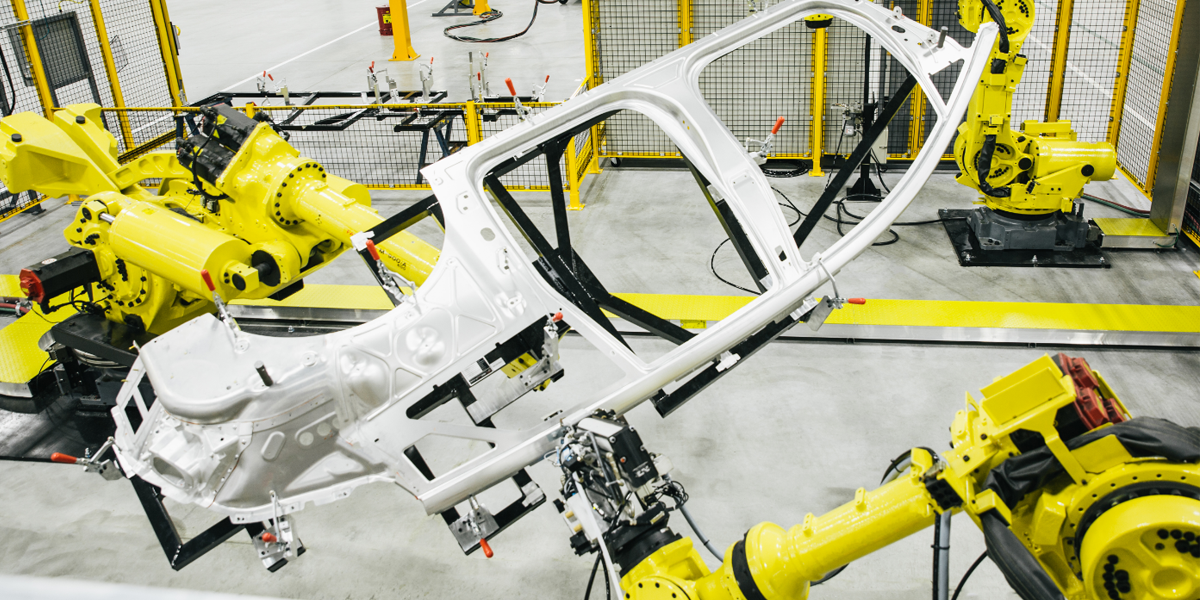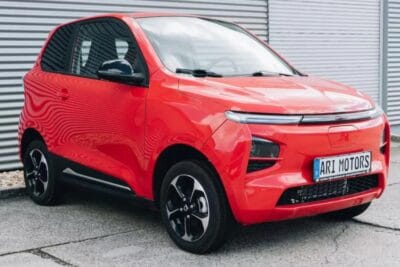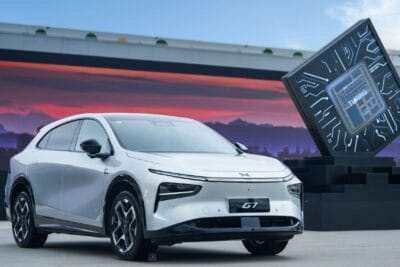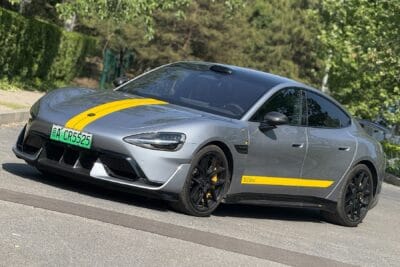To share or not to share
Outside of Hangzhou, hundreds of unused EVs were found parked alongside a river. The vehicles belong to the EV rental company called Microcity, who claimed that the cars were all in use.
When a reporter further investigated the company and attempted to access the vehicles using the app, none showed up as being available on screen. A local resident admitted he was being paid a few thousand euros per year to have the cars stored on his land.
Microcity is just one of many car-sharing companies that have started up in China in the last few years making the most of government subsidies for electric vehicles. Earlier this year, a report on the Chinese state broadcaster noted that car-sharing companies still manage to put more cars on the road rather than reduce their numbers. On Zhihu, China’s Q&A platform, drivers have been complaining of bad services, commonly saying that they couldn’t restart the cars after they had stopped on the road.
It seems that some of these quickly started businesses are starting to go belly up, and this field of unused EVs is reminiscent of the mountains of unused bicycles from failed bicycle sharing companies that filled international media reports not so long ago.





0 Comments